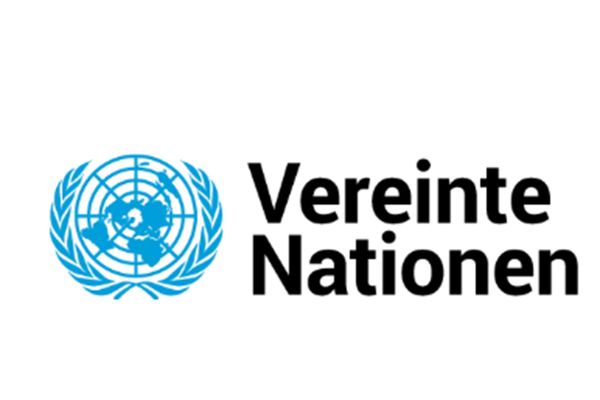United Nations: High-level political forum on sustainable development

The United Nations High-Level Political Forum on Sustainable Development (HLPF) is the central platform for coordinating global sustainability policy.
The High-Level Political Forum on Sustainable Development (HLPF), the establishment of which was one of the key outcomes of the United Nations Conference on Sustainable Development in June 2012 (Rio+20 Conference), has since replaced the former UN Commission on Sustainable Development (Conference on Sustainable Development (CSD)).
The HLPF serves to follow up and review the 2030 Agenda for Sustainable Development and the Sustainable Development Goals (SDGs), which were adopted at the United Nations Sustainable Development Summit on 25 September 2015.
Main tasks of the High-Level Political Forum on Sustainable Development:
-
To make recommendations for sustainable development;
-
To ensure improved integration of the three dimensions of sustainable development (environment, social, economic);
-
To promote and facilitate the exchange of best practices, experiences, and obstacles in the implementation of sustainable development;
-
To review the implementation of commitments in the area of sustainable development (including the Rio Declaration, Agenda 21, Johannesburg Plan of Implementation, outcome document of the Rio+20 Conference, 2030 Agenda).
In all activities of the HLPF, new challenges are taken into account and all relevant UN institutions, funds and programmes, as well as civil society and Major Groups, are effectively involved. Since 2016, the HLPF has been reviewing the implementation of the commitments made, under the auspices of the United Nations Economic and Social Council.
The HLPF meets every four years for two days at the level of Heads of State and Government as part of the opening of the General Assembly, and annually for eight days—three of which at ministerial level—as part of the working session of the United Nations Economic and Social Council (ECOSOC).